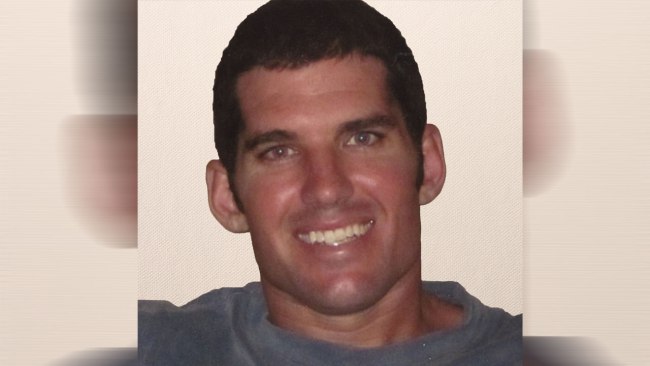Wednesday
We now know how the candidate who promised us so much winning that we’d get tired of winning does when he loses. He blames it on someone else.
That’s how Donald Trump has been handling the failed raid in Yemen, in which (1) a Navy Seal was killed and six others were wounded; (2) 30 civilians, including nine children, were killed; (3) we lost a very expensive V-22 Osprey airplane; and (4) we didn’t gain any information of value, even though that was the purported purpose of the raid. Trump initially described the raid as “a very successful mission,” attacked anyone who questioned it, and then claimed, when the facts came out, that it was approved by others.
Meanwhile, military sources have said that Trump approved the raid “without sufficient intelligence, ground support or adequate backup preparations.”
The Yemen raid sounds like it was a miniature version of the charge of the Light Brigade, where soldiers in the midst of battle discovered that someone in the command structure had “blundered”:
“Forward, the Light Brigade!”
Was there a man dismayed?
Not though the soldier knew
Someone had blundered.
Theirs not to make reply,
Theirs not to reason why,
Theirs but to do and die.
Into the valley of Death
Rode the six hundred.
And now no one will fess up to the blundering. Here’s Buzzfeed’s account of the blame shifting currently underway:
In the days after the raid, the military said the president approved the raid. But President Donald Trump told Fox and Friends in an interview that aired Tuesday that the raid was conceived before he took office and brought to him by “the generals.” It was their raid, he said, not his.
“This was a mission that was started before I got here,” Trump said during the interview. “This was something that they wanted to do,” he said, appearing to refer to the military.
Trump distanced himself from the decision, at one point saying: “They lost Ryan,” referring to Chief Petty Officer William “Ryan” Owens, 36, the father of three who was killed in the raid. Six other troops were injured during the operation. Trump’s use of the word “they” in describing Owens’ death was an extraordinary statement to make in a military where some commanders carry the photo of everyone lost under their command.
To be sure, there are more contrasts with the Light Brigade’s charge than comparisons. While both the Seals and and the Light Brigade fought bravely once they encountered unexpected resistance, the calvary troops didn’t have air power to bail them out—air power that proceeded to kill 30 civilians. Other than Owens and the handful of casualties, there was no glorious martyrdom of American troops.
Our focus, then, can turn to the tawdriness of the administration’s response. For that, a better poem is Rudyard Kipling’s sequel, written 36 years later. Always ready to stand up for the common soldier, Kipling calls out England for its failure to take care of the survivors. Kipling has many poems where he describes the insensitivity and the hypocrisy of those in charge.
“The Last of the Light Brigade,” I suspect, would win the approval of Ryan Owens’s father, who accuses Trump of hiding behind his son’s death to forestall investigation. Here are the opening stanzas and the final stanza, which sardonically observe that Tennyson’s heroic rhetoric, his “deathless song,” functions as a cover-up:
There were thirty million English who talked of England’s might,
There were twenty broken troopers who lacked a bed for the night.
They had neither food nor money, they had neither service nor trade;
They were only shiftless soldiers, the last of the Light Brigade.
They felt that life was fleeting; they knew not that art was long,
That though they were dying of famine, they lived in deathless song.
They asked for a little money to keep the wolf from the door;
And the thirty million English sent twenty pounds and four!
And:
O thirty million English that babble of England’s might,
Behold there are twenty heroes who lack their food tonight;
Our children’s children are lisping to “honor the charge they made—”
And we leave to the streets and the workhouse the charge of the Light Brigade!
Kipling’s point is similar to the one that Wilfred Owen makes in “Dulce et Decorum Est”: patriotic poetry distracts from grim reality. Is there any doubt that Donald Trump would be crowing had the Yemen raid been successful? He loves stirring martial images but isn’t man enough to face up to failure.
Kipling’s poem should be handed out to Congress whenever it is called upon to fund the V.A. Also to presidents who glibly talk of war without acknowledging the long-term human costs.
